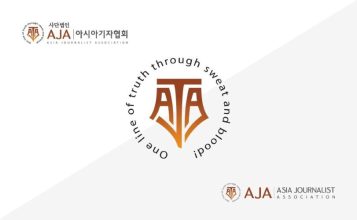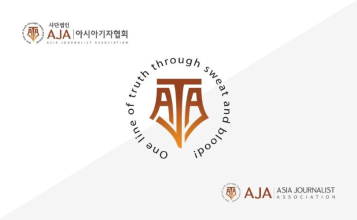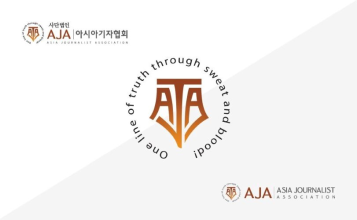AJA Newsbites – October 4, 2025

AJA Newsbites is a curated roundup of major news and developments from across Asia, brought to you by members of Asia Journalist Association (AJA)
Lee Sang-ki, THE AsiaN, Korea
The National Assembly’s annual audit has once again ignited controversy over the practice of “disciplining business leaders.” Although the Constitution mandates audits of government agencies, top corporate executives are routinely summoned—highlighting the significant influence of business on national policy and citizens’ lives.
The core issue, however, lies in the nature of these hearings: executives are often left waiting for hours, only to face minimal or superficial questioning, reducing the process to political theater.
This year, SK Group Chairman Chey Tae-won was called as a witness despite his role as chair of the APEC CEO Summit in Gyeongju, which coincided with the audit. Similarly, Samsung Electronics Vice Chairman Jung Hyun-ho was summoned despite being involved in an ongoing trial, raising questions about procedural fairness.
Critics argue that lawmakers from both the ruling and opposition parties exploit the audit season for political gain, sidelining the public interest in the process.
Chhay Sophal, Cambodia News Online, Cambodia
Approximately 30 Cambodian civil servants, including representatives from the Ministry of Justice, the Ministry of Environment, five other ministries, sub-national governments, and the Sustainable Cities Technical Working Group (SCTWG), are set to participate in three training programs in the Republic of Korea this October.
According to the Korea International Cooperation Agency (KOICA) in Cambodia, the training programs will focus on three main areas: enhancing the Ministry of Justice’s capacity to combat money laundering through digital forensics; reducing greenhouse gas emissions from industries in East Asian countries; and promoting sustainable urban planning and development in Cambodia.
The program for the Ministry of Justice is designed to address Cambodia’s urgent need to tackle emerging forms of crime. By incorporating digital forensic techniques, the training aims to improve the country’s capabilities in criminal investigation, prosecution, and international cooperation.
Pooneh Nedai, Shokaran Magazine, Iran
A U.S. official has stated that the reimposition of United Nations sanctions on Iran—known as the “snapback” mechanism—creates space for a diplomatic solution with Tehran. The move, backed by European allies, is intended to pressure Iran into accepting four key conditions as a starting point for renewed negotiations.
According to reports, the U.S. and its European partners have restored several UN sanctions that had been lifted under the 2015 nuclear agreement. These include an arms embargo, restrictions on uranium enrichment, limits on missile development, travel bans, and asset freezes. The sanctions were originally lifted when the deal was signed but were effectively abandoned after the Trump administration withdrew from the accord in 2018.
Washington argues that such pressure is necessary to bring Iran to the negotiating table with what it calls “serious” terms. These include demands for zero uranium enrichment, restrictions on its missile program, and an end to support for regional proxy groups.
However, analysts point out that these same conditions were significant sticking points in past negotiations, and Iran is unlikely to accept them without major concessions from the West.
ⓒ THE AsiaN | All rights reserved
This content is copyrighted by THE AsiaN. If you wish to share it, please do so without modifying the original text and always include the source link. Unauthorized editing or sharing without proper attribution may result in legal consequences.




